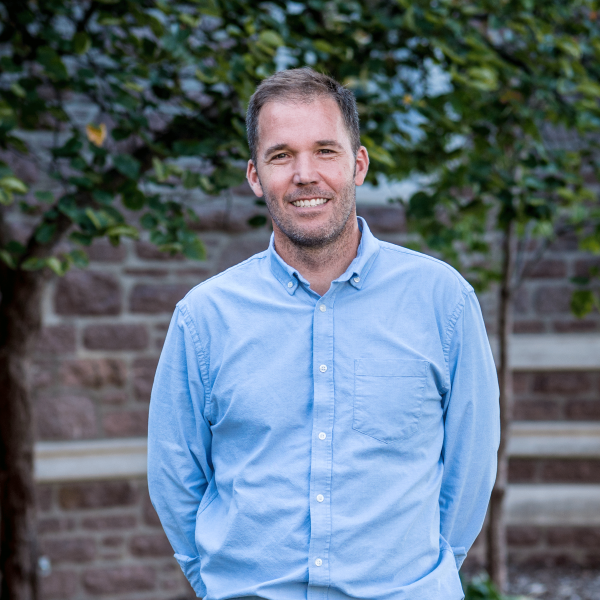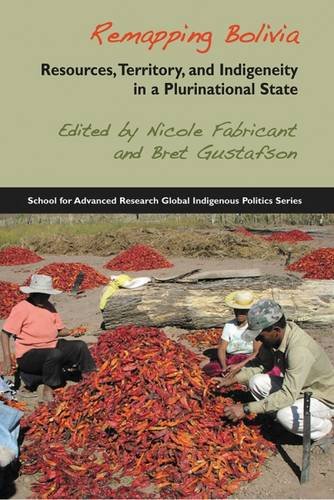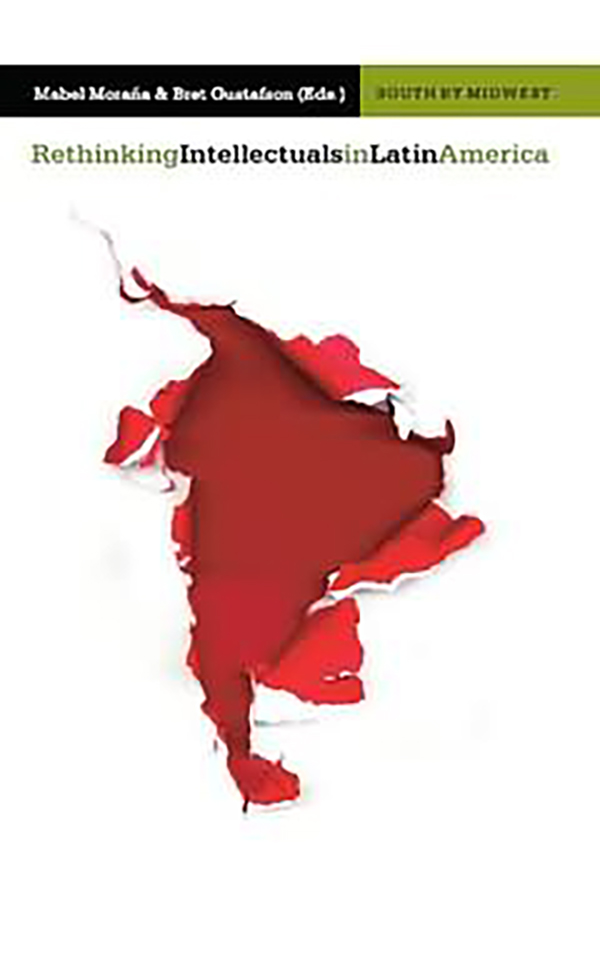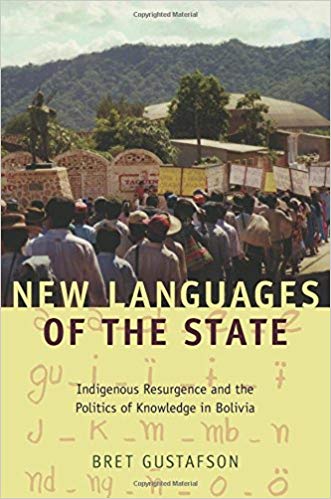Selected Publications
On the cultural politics of nature, resources, and territory:
2018 Extractivism: A Review Essay. Latin American Perspectives. 45(3).
2016 (with Natalia Guzmán Solano). Mining Movements and Political Horizons in the Andes: Articulation, Democratization, and Worlds Otherwise.
In Mining in Latin America: Critical Approaches to the “New Extraction”. Kalowatie Deonandan and Michael Dougherty, eds. New York: Routledge. Pp. 141-159.
2012 “Fossil Knowledge Networks: Industry Strategy, Public Culture, and the Challenge for Critical Research. In Flammable Societies: Studies on the Socio-Economics of Oil and Gas. Edited by J.A. McNeish and O. Logan. London: Pluto.
2011 "Flashpoints of Sovereignty: Natural Gas and Spatial Politics in Eastern Bolivia." In Crude Domination: An Anthropology of Oil. Edited by A. Behrends, S. Reyna, G. Schlee. London: Berghahn.
2011 Remapping Bolivia: Resources, Territory and Indigeneity in a Plurinational State. Santa Fe: SAR Press (co-edited with Nicole Fabricant).
2010 Autonomia e articulação: o gas natural e as transformações das regiões e do poder na Bolívia e Brasil. In Região e poder: representações en fluxo. Dilamar Candida Martins, Izabel Missagia de Mattos, and Mauro Victoria Soares, eds. Goiania: Editora PUC Goias. Pp. 37-58.
2010 When States Act Like Movements: Dismantling Local Power and ‘Seating’ Sovereignty in Bolivia. Latin American Perspectives 37(4):48-66.
2009 Manipulating Cartographies: Plurinationalism, Autonomy, and Indigenous Resurgence in Bolivia. Anthropological Quarterly 82(4):985-1016.
2006 Spectacles of Autonomy and Crisis: Or, What Bulls and Beauty Queens Have to Do With Regionalism in Eastern Bolivia. Journal of Latin American and Caribbean Anthropology 11(2):351-379.
On the politics of knowledge, language, and indigeneity:
2017 Diversity and Democracy in Bolivia: Sources of Inclusion in an Indigenous Majority Society. Ottawa: Global Centre for Pluralism. Accounting for Change in Diverse Societies Series.
2017 Oppressed No More? Indigenous Language Regimentation in Plurinational Bolivia.
International Journal of the Sociology of Language 246:31-57.
2016 (with Felix Julca and Ajbee Jiménez). The Politics and Policy of Language Revitalization in Latin America and the Caribbean.
Language Revitalization in Latin America and the Caribbean. Teresa McCarty and Serafin Coronel-Molina, eds. New York: Routledge. Pp. 35-54.
2014 Guarani. The Languages of Bolivia. Tomo III: Oriente. Mily Crevels and Pieter Muysken, eds. La Paz: Plural Editores. Pp. 307-369.
2014 Intercultural Bilingual Education in the Andes: Political Change, New Challenges, Future Directions. In Cortina, Regina, ed. Educating Indigenous Citizens in Latin America. Clevedon: Multilingual Matters. Pp. 74-97.
In progress (w. F. Jullqa and A. Jiménez) “The Politics and Policy of Language Revitalization in Latin America and the Caribbean.”
In press “Intercultural Bilingual Education in the Andes: Political Change, New Challenges, and Future Directions.”
2010 Rethinking Intellectuals in Latin America. Frankfurt and Madrid: Vervuert (co-edited with Mabel Moraña).
2009 New Languages of the State: Indigenous Resurgence and the Politics of Knowledge in Bolivia. Durham: Duke University Press.





